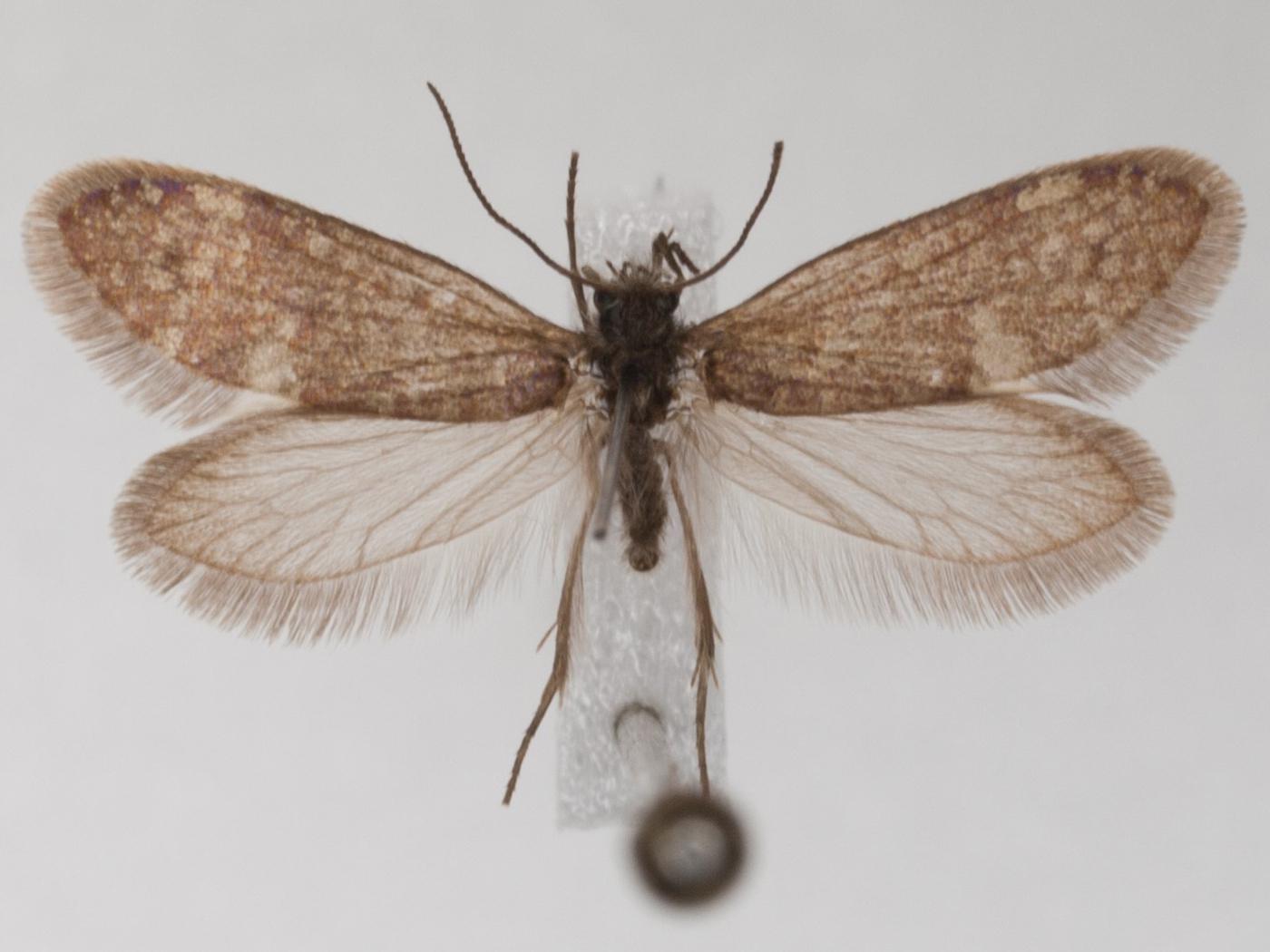'Butterfly Tongues' Are More Ancient Than Flowers, Fossil Study Finds
Scientists have discovered the proboscis butterflies use to suck nectar from flowers existed before flowers did. So: What were ancient butterflies using their long, tongue-like suckers for?
by Rebecca Hersher
Jan 10, 2018
2 minutes

Butterfly beak. Moth mouthpiece. Lepidoptera lips.
Call it whatever you want, the proboscis is a big deal. It's a defining feature of many moths and butterflies – the long, flexible mouthpiece that dips into flowers and draws out nectar.
"The traditional idea is always [that] this proboscis — this butterfly in that upends traditional ideas about the proboscis.
You’re reading a preview, subscribe to read more.
Start your free 30 days



